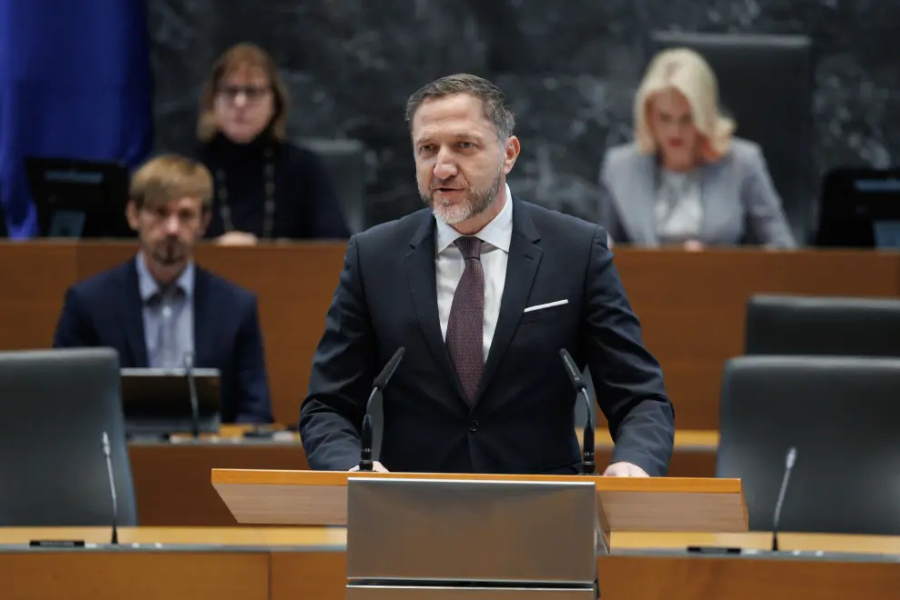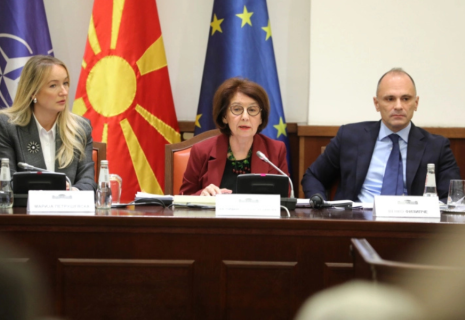
Slovenia approves record 2026-2027 budgets
Slovenia's parliament has approved the revised budget for 2026 and new budget for 2027 that lift spending to record levels while keeping the deficit at just under 3% of gross domestic product (GDP) in both years.
The government says the budgets balance the government's development priorities with fiscal sustainability, CE Report quotes The Slovenia Times.
Compared to the original budget for 2026 confirmed last year, spending is set to rise 3.2% to €17.7 billion in 2026 and to €18.1 billion in 2027.
Revenue projections have been revised down.
The government now expects €15.6 billion of revenue in 2026, 2.1% below earlier plans, due to weaker corporate tax, income tax and VAT receipts. For 2027, revenue is projected at €16 billion.
In both years the deficit is projected at €2.1 billion.
Finance Minister Klemen Boštjančič said the spending increase reflects higher labour costs as a result of the public sector wage reform, larger transfers to the pension and health funds, and higher subsidies for public transport services and compensation for the Šoštanj thermal power plant.
The budget documents allocate more funds to defence and security in line with Slovenia's NATO spending commitments, and prioritise science, housing and economic development.
Boštjančič noted that major reforms such as the overhaul of the public sector wage system, long-term care, pension reform and defence restructuring influenced budget planning.
Opposition and fiscal watchdog critical
Opposition parties have criticised the budgets as overly expansionary.
"This is a fiscal spiral with no end in sight," said Democratic Party (SDS) MP Suzana Lep Šimenko. "There is not a single serious reform measure in the budgets, no measures to relieve the burden on business, no measures to improve competitiveness, and no measures to increase productivity. All the government is doing is raising expenditure."
A similar message was delivered by the Fiscal Council, an independent body that keeps an eye on fiscal policy. Its chair Davorin Kračun has warned that spending is running rampant, outpacing GDP growth.
"Fiscal policy deviating further from the path ... of gradual consolidation that would ensure the sustainability of public finances," he said.
Significant borrowing planned
The budgets are based on the autumn macroeconomic forecast of IMAD, the government's forecaster, which sees weaker growth of about 1% this year but an acceleration in the following two.
Public debt is projected to decline to 63.3% of GDP by the end of 2027, the lowest since 2012.
The government will be allowed to borrow just over €5.2 billion in 2026 and just under €6.5 billion in 2027, up from €4.3 billion in 2025.
Photo: Nebojša Tejić/STA























